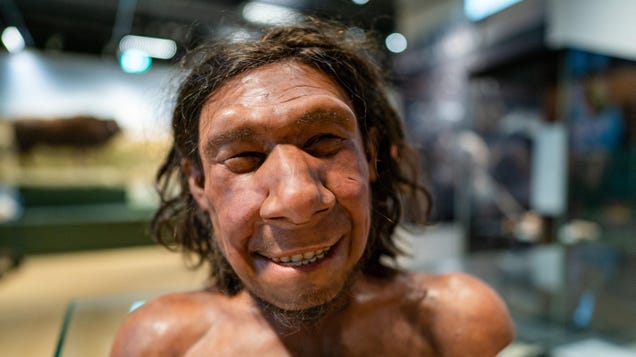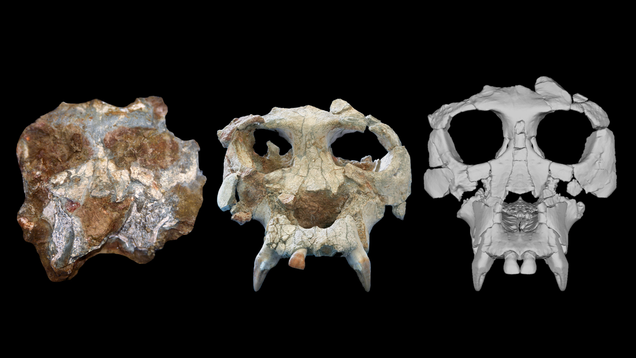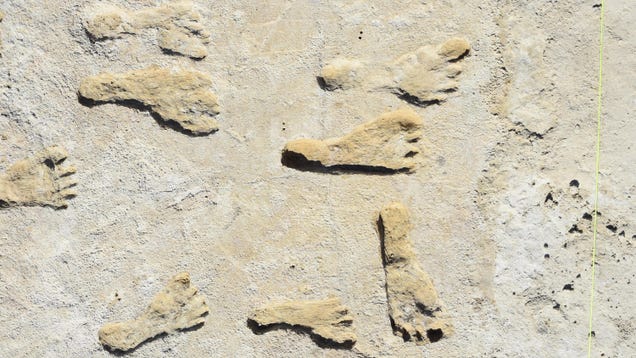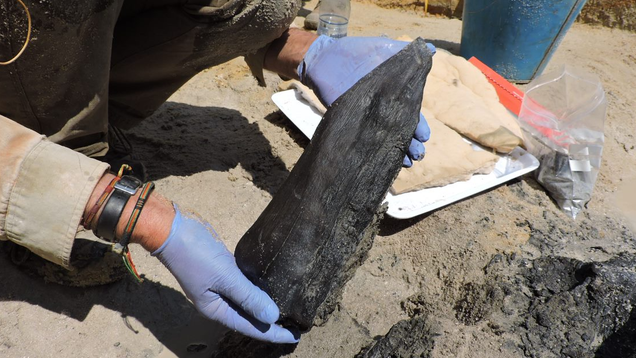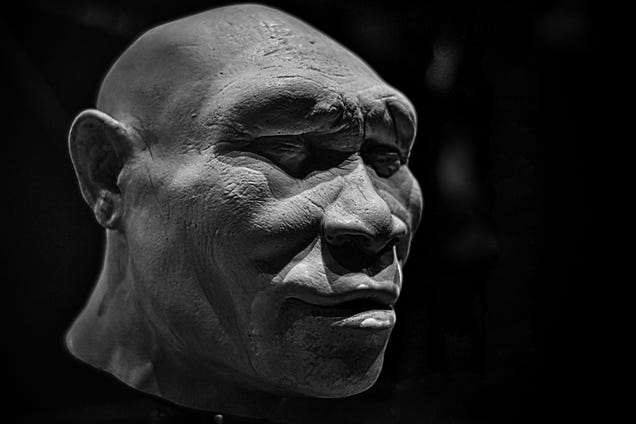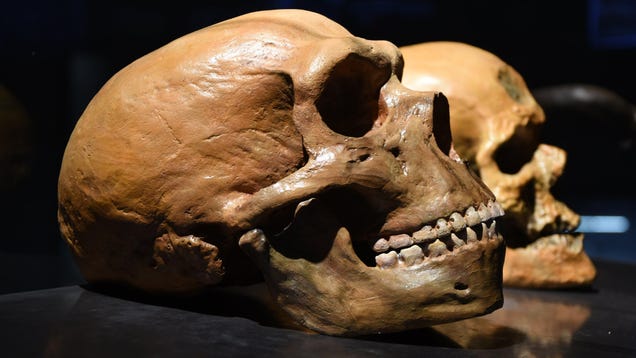
If you’re irritated by the morning people in your life, you might have Neanderthals to blame for their existence, at least a little bit. New research suggests that our hominin relatives possessed genetic variations that predisposed them to waking up early and that they passed on these genes to our Homo sapiens…

